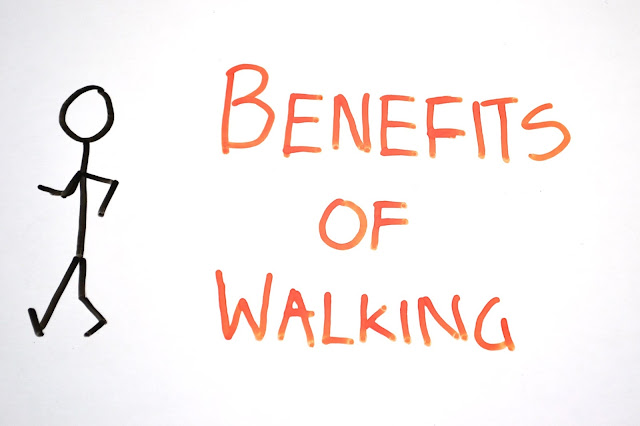We’ve all heard it before: “Breakfast is the most important meal of the day.” For decades, health authorities have linked a solid, healthy breakfast with better overall health and weight management.
The idea is that a balanced breakfast helps kick-start your metabolism after you’ve been “fasting” (and sleeping) all night, prevent blood sugar imbalances, reduce hunger, and make it more likely that you’ll eat less and stick to a healthy meal plan later in the day. All of these factors have given breakfast a reputation of helping you to lose weight fast.
But lately, the trend of intermittent fasting — eating an early dinner, and then not having a meal until after noon the next day; in other words, skipping breakfast! — has taken off and confused many people about what’s better for their health as well as weight loss efforts.
The big-breakfast approach works for many people, especially those who like to exercise in the morning and need to refuel with a healthy breakfast afterward. If you’re a “morning person” and someone who loves waking up for breakfast, chances are you can’t imagine being any other way. And if that’s the case, you’re in good company because there’s plenty of research that’s found breakfast, especially when breakfast is full of protein foods, can be beneficial and the best time of day for a big meal.
As researchers from one 2013 study published in the American Journal of Nutrition put it, “Breakfast leads to beneficial alterations in the appetitive, hormonal, and neural signals that control food intake regulation.” (1) A large clinical review done by the Medical University of Warsaw Poland looked at 13 studies to investigate the impact of eating breakfast on weight gain and consistently found that people who regularly eat breakfast had better protection against becoming overweight or obese than breakfast-skippers. (2)
That being said, skipping breakfast is still common among children, adolescents and some adults, too, who skip breakfast as a common, unhealthy way to lose weight. And we know that many who do eat breakfast most days of the week might not choose the best things to eat.
The Benefits of Eating Breakfast
Feel like you’re not very hungry in the morning, but then you can’t stop eating come nighttime? Eating a bigger breakfast might work to solve the issue.
Skipping breakfast often leaves people overly hungry so they’re more likely to make poor decisions when it comes time to eat lunch. Eating a balanced, substantial breakfast can help you avoid eating too much at your next meal and snacking on unhealthy foods throughout the course of the day due to low energy, low blood sugar and low nutrient intake.
These are the primary reasons breakfast is said to be the best time to eat for weight loss. Fill up on the right foods upon waking up, especially kinds that are high in protein and high in healthy fats, and you might find you’re more prepared to work, move and make better decisions all day long — which can have big payoffs for keeping your weight in check.
A new study done by researchers at Tel Aviv University showed that dieters lost more weight when they ate the majority of their calories in the morning (roughly 700 calories), compared to those eating more throughout the day and at nighttime. While all participants followed a low 1,400-calorie diet, meal timing made a significant difference in terms in weight loss — the group eating 700 calories (or half of their daily calories) in the morning lost eight more pounds over a 12-week period than the group eating more of their calories during dinnertime.
The group who ate half of their daily calories at breakfast lost more weight and more inches from their waists, showed greater improvements in glucose control and insulin sensitivity, and reported being more satisfied. The researchers found that the big-breakfast eaters had lower levels of ghrelin, our main hunger hormone.
Another 2011 study published in the Journal of Nutrition found that missing breakfast causes metabolic and hormonal impacts that can make it hard to choose healthier foods in the right portion later in the day. The study found that those who skipped breakfast had differences in responses to foods consumed later in the morning, higher appetites and an increase in energy intake compared to people who ate breakfast.
Many other studies show the same and report that for most people who have lost weight and been able to keep it off, eating breakfast is part of what allows them to be successful long term. (5) It seems evident that breakfasts can boost your metabolism, just like high-protein snacks do.
These results might make it clear that breakfast is essential and should be a priority for everyone. But while breakfast helps many people keep their energy up, hunger in check and mood balanced, it might not be the answer for everyone.
The Flip Side: Evidence Showing Breakfast Doesn’t Need to Be Part of a Healthy Meal Plan
intermittent-fastingthumb
Overall, when we look at studies conducted over the past decade, we see very mixed results in terms of what constitutes ideal meal timing. Some studies show that people can maintain their weight more easily when they “front load” their day with bigger meals and more calories, but other studies show the opposite can work, too.
It’s true that eating breakfast is associated with lower body weight in many observational studies, and we know that public health authorities commonly recommend breakfast consumption to reduce the risk of unhealthy weight gain, but the effects of eating breakfast on changes in weight are still debatable. (6) Remember, just because something is observed as a correlation — in this case, eating breakfast and a healthier weight — doesn’t mean that one definitely causes the other.















